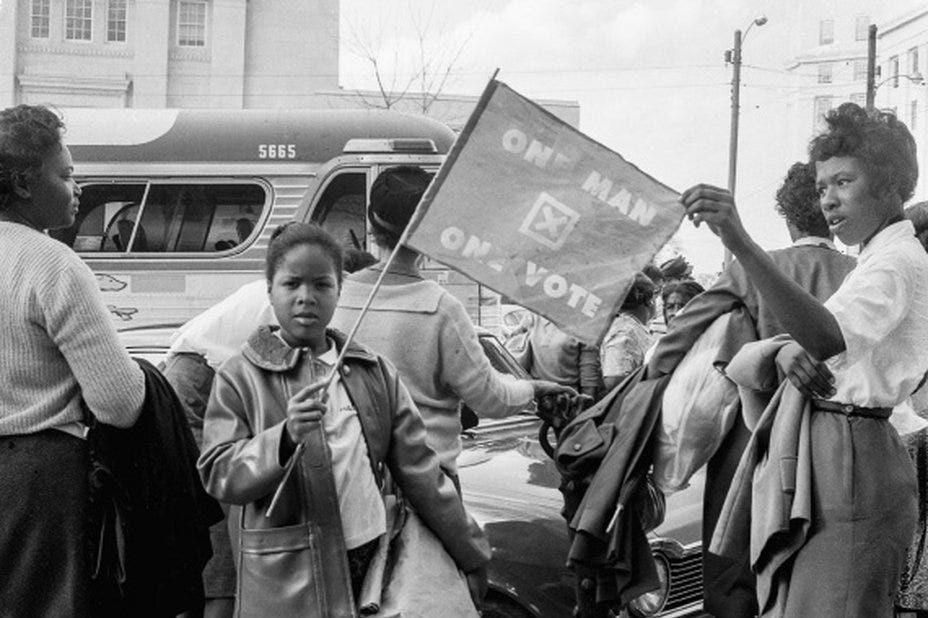
“Voting is still our best defense against tyranny and fascism,” said Randi Weingarten, President of the American Federation of Teachers.
I couldn’t agree more.
The irony is that rank and file members of the AFT don’t get to directly vote for their national leaders.
Weingarten and her team were just re-elected to run their union.
AFT members did not get to vote for or against Randi Weingarten. Only a small group of carefully selected delegates got to do that.
Ditto for rank and file members of the National Education Association, the union I member for the 30 years of my teaching life.
Much like voting in our country’s presidential elections, every vote and every voter is not necessarily equal in our unions.
Historians will tell us that the electoral college was created by our founding fathers as a concession to the slavery.
For centuries, white votes have gotten undue weight, as a result of innovations such as poll taxes and voter-ID laws and outright violence to discourage racial minorities from voting. (The point was obvious to anyone paying attention: As William F. Buckley argued in his essay “Why the South Must Prevail,” white Americans are “entitled to take such measures as are necessary to prevail, politically and culturally,” anywhere they are outnumbered because they are part of “the advanced race.”) But America’s institutions boosted white political power in less obvious ways, too, and the nation’s oldest structural racial entitlement program is one of its most consequential: the Electoral College.
Commentators today tend to downplay the extent to which race and slavery contributed to the Framers’ creation of the Electoral College, in effect whitewashing history: Of the considerations that factored into the Framers’ calculus, race and slavery were perhaps the foremost.
One person, one vote is one hallmark of democracy.

I was president of my teacher union local, elected four times by the members. Twice I had opposition.
One of the features of our democratic local was that our negotiating team was also elected by the membership.
Illinois Education Association staff and leaders disapproved of our practice of electing negotiators. In most locals the president hand picked the negotiating team.
Staff wanted us to do the same.
But we refused.
If you want democracy, you have to practice it.
Illinois Education Association leadership is elected at an annual Representative Assembly attended by roughly 1,000 delegates.
500 plus one can elect the president. The IEA has over 135,000 members.
National NEA leaders are elected by delegates at the annual Representative Assembly by around 7,000 delegates. The union’s membership stands at around 3 million.
Just as indirect voting for President of the United States was created to protect slavery, indirect voting of our union leaders was created to protect the intrenched, the corrupt and powerful.
That practice should end.



